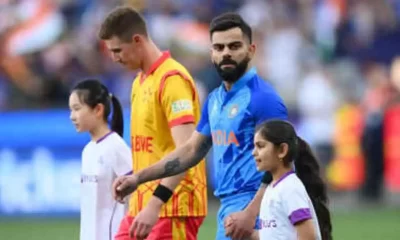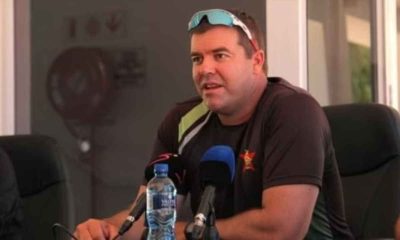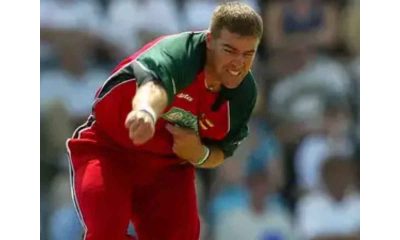Elections held for Presidency and National Assembly
Zimbabwe’s ruling ZANU-PF party, headed by incumbent President Emmerson Mnangagwa, has attained majority in the National Assembly by winning72 percent seats declared so far by country’s election commission.
According to Harare based Herald, the Zany-PF has an unassailable majority at 109 seats while the immediate rival Movement for Democratic Change (MDC) alliance remained distant begging only 41 seats. National Patriotic Front got one seat and one seat went to an independent candidate so far. Results for 58 seats remain to be declared.
Twenty-three candidates, 19 men and four women, contested for the presidency – all first-time contenders.
The general election in the country was to elect the president and members of both houses of parliament.
 The Herald also reported that the Association for Free Research and international Cooperation (AFRIC) has given the Zimbabwe Electoral Commission (ZEC) the thumbs up for conducting a successful plebiscite. It is among international organisations observing that country’s elections.
The Herald also reported that the Association for Free Research and international Cooperation (AFRIC) has given the Zimbabwe Electoral Commission (ZEC) the thumbs up for conducting a successful plebiscite. It is among international organisations observing that country’s elections.
AFRIC is a community of independent researchers, experts and activists and their main goal is to create a platform for elaboration and dissemination of objective analytical information, first-hand opinions; establishing direct communication and cooperation.
 Meanwhile, Jyoti Kalash, India’s principal resident commissioner, while speaking at a press conference in Harare yesterday said they came to Zimbabwe a week ago and witnessed peace and harmony in all provinces they visited.
Meanwhile, Jyoti Kalash, India’s principal resident commissioner, while speaking at a press conference in Harare yesterday said they came to Zimbabwe a week ago and witnessed peace and harmony in all provinces they visited.
“We are a team of eight election observers and we are proud to say Zimbabwean elections were held in a peaceful manner. We never witnessed or heard reports of violence during elections and we do expect this after the election period,” he said.
Elections observers from the European Union and the United States have also been allowed to monitor the vote – the first time since 2002.
Monday’s vote was Zimbabwe’s first election since long-term President Robert Mugabe was pushed out of office last year. In November last year, after a long controversy, Mugabe had resigned, belonging an end to 37 years of his rule.
 Since then Emmerson Dambudzo Mnangagwa served as the third president of the country after independence. Current elections were held on Monday.
Since then Emmerson Dambudzo Mnangagwa served as the third president of the country after independence. Current elections were held on Monday.
There are reports that the rural vote was key in the elections. Haru Matasa, an Aljazeera correspondent in Harare said, “The way things are going it’s looking like they’re going to get the majority because of the rural vote”.
She said, “Everyone knew it was the rural vote that was key, the majority of people are in rural areas and since 1980 they have voted for the ruling party.”
On Tuesday, opposition leader Nelson Chamisa, who is also a church pastor and heading MDC alliance, said he was “winning resoundingly” but the Electoral Commission denied his victory claims.
Late on Tuesday night President Emmerson Mnangagwa of the ruling ZANU-PF said he in a tweet:
More than five million Zimbabweans registered to take part in the poll. The Electoral Commission said 1.3 percent of the registered voters could not cast their votes because they presented wrong documents at polling stations.
The likelihood of the holding elections went into doubt following the Mugabe’s resignation in November 2017 coup, when party spokesman said that Emmerson Mnangagwa would serve for the remaining period of Robert Mugabe’s term before September 2018. However, on 20 March this year President Mnangagwa said he was willing to hold elections in July.
The full name of the ruling party is Zimbabwe African National Union-Patriotic Front (ZANU-PF). ZANU was militant organization that fought against white minority rule in Rhodesia, formed a split from the Zimbabwe African People’s Union (ZAPU).
ZANU split in 1975 into wings loyal to Robert Mugabe and Ndabaningi Sithole, later respectively called ZANU-PF and ZANU-Ndonga. These two sub-divisions ran separately at the 1980 general election, where ZANU-PF has been in power ever since and Zanu-Ndonga, a minor opposition party.
























